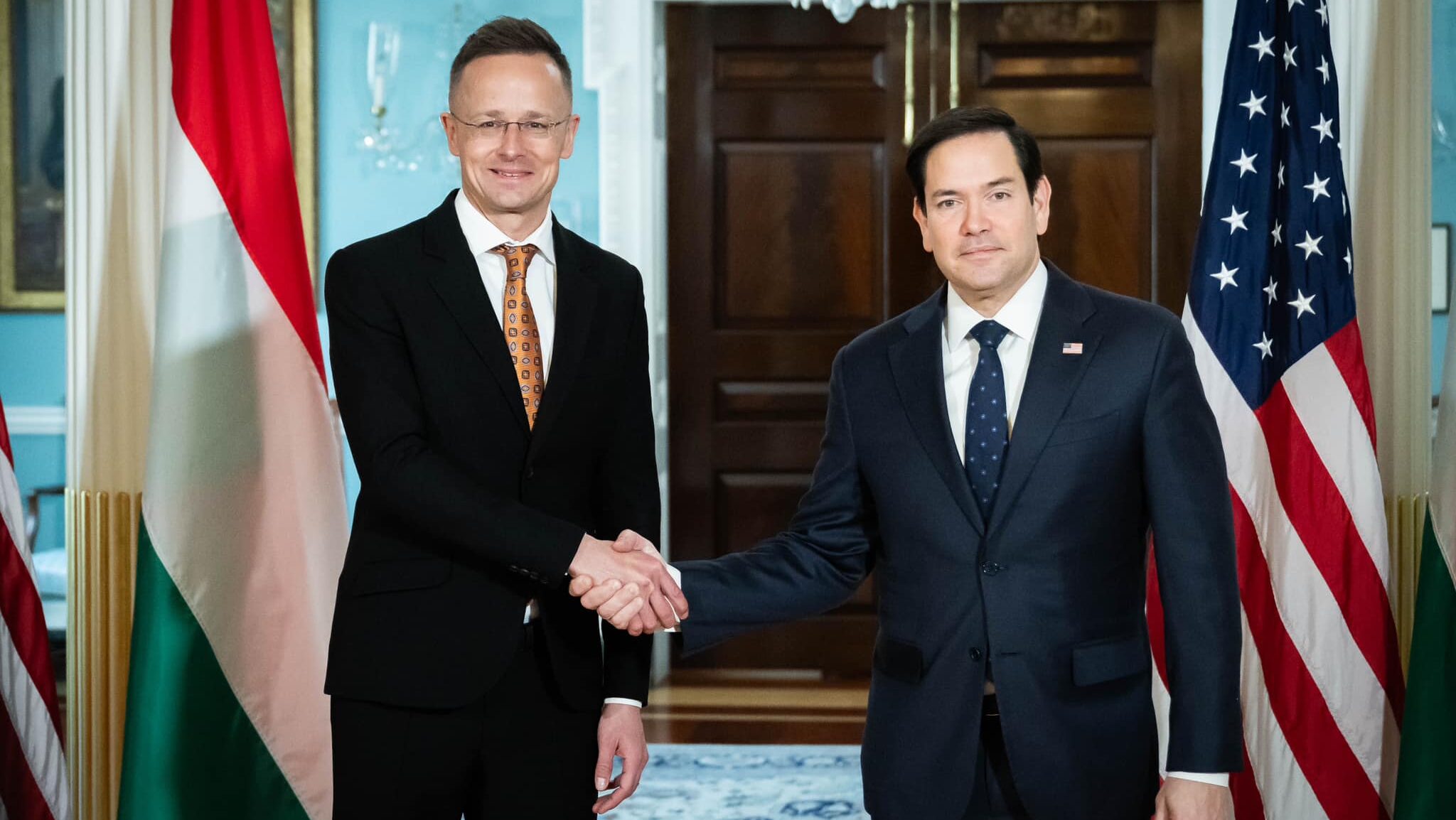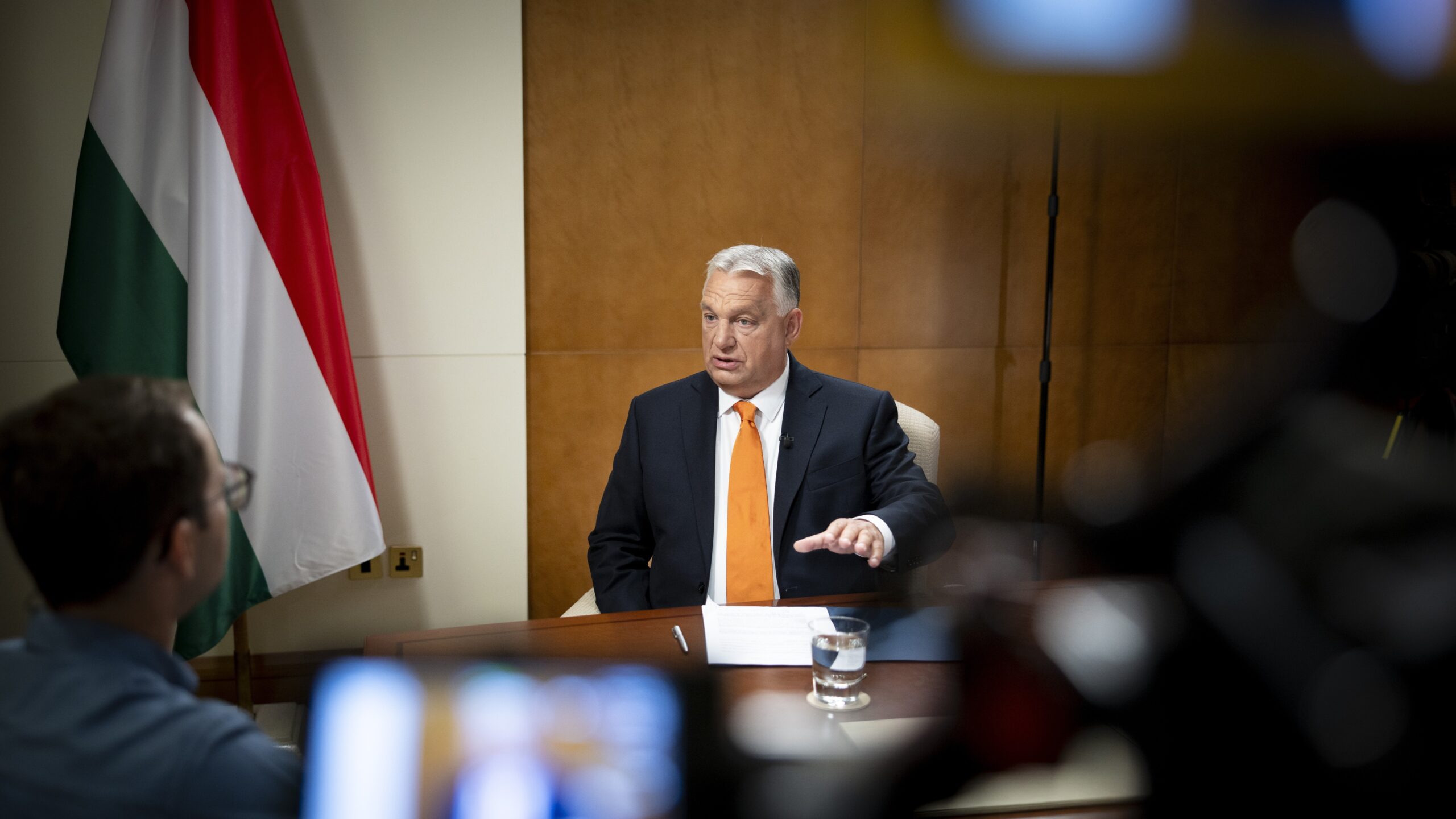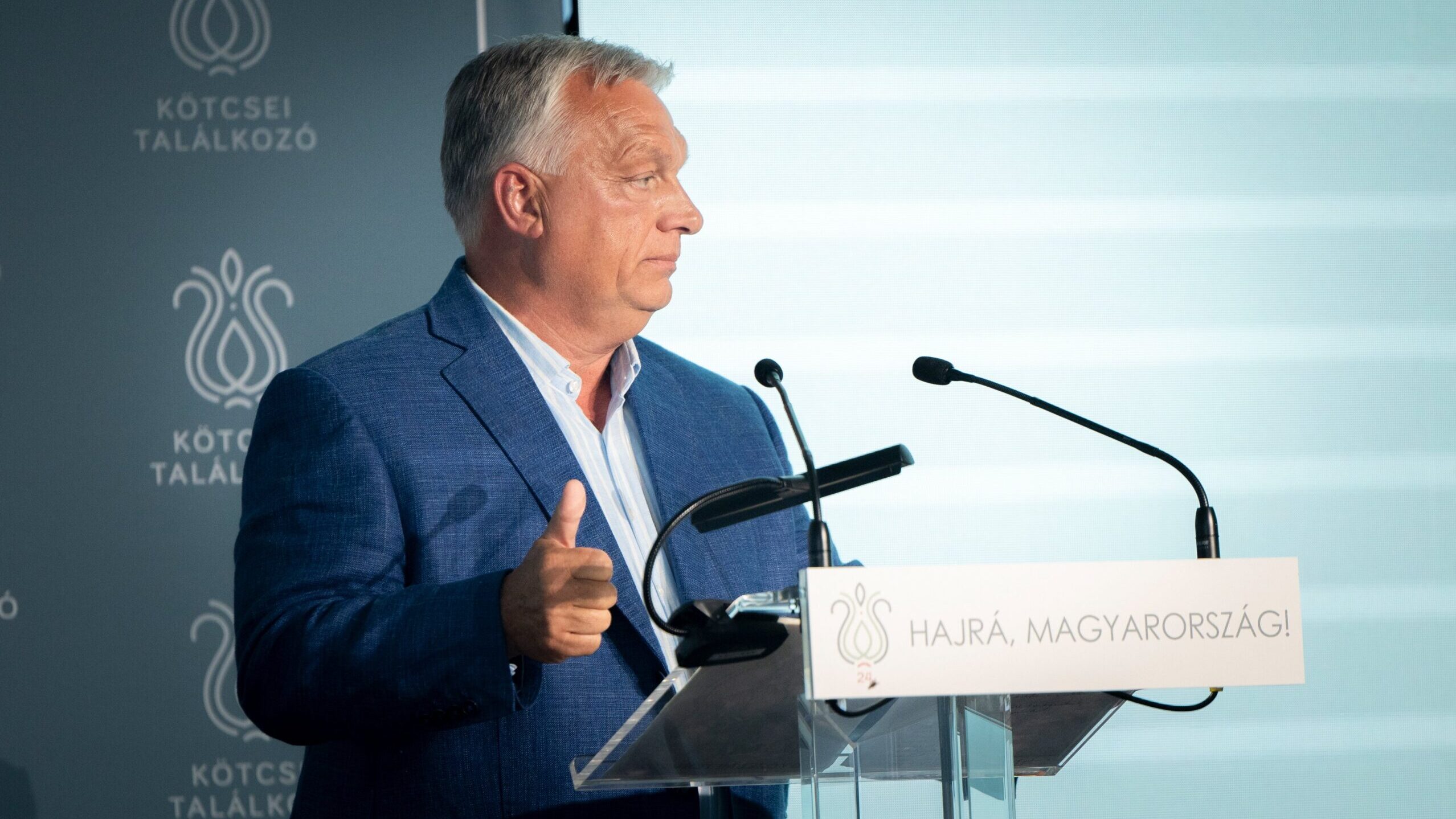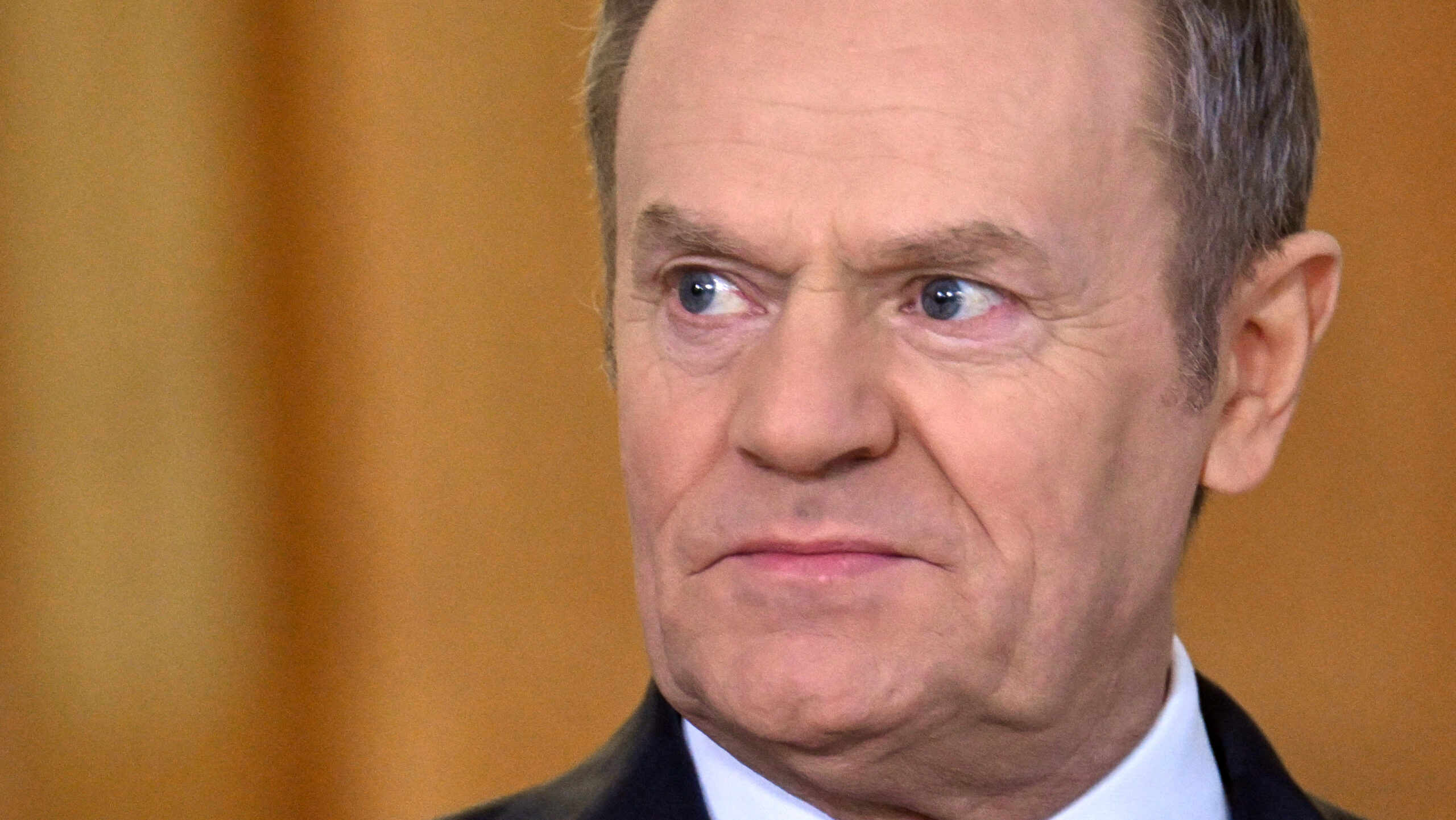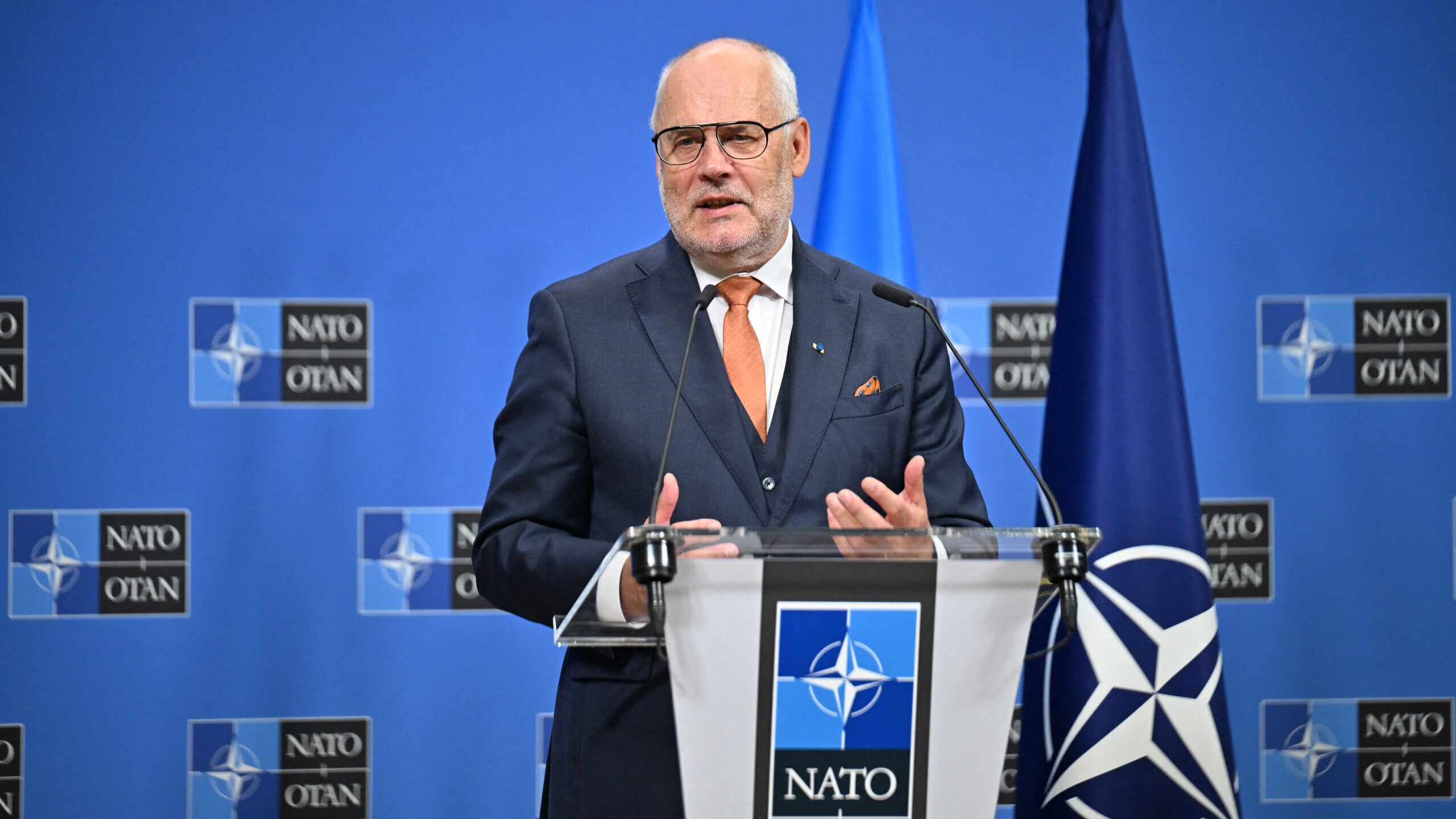
‘We fight for Charlie Kirk’ — UK ‘Free Speech Festival’ Draws Massive Crowd
London witnessed an unprecedented anti-immigration rally on 13 September as Tommy Robinson’s Unite the Kingdom march drew up to a million participants, according to organizers. The event honoured assassinated US activist Charlie Kirk, with Elon Musk and Eva Vlaardingerboek delivering fiery speeches against mass migration.

